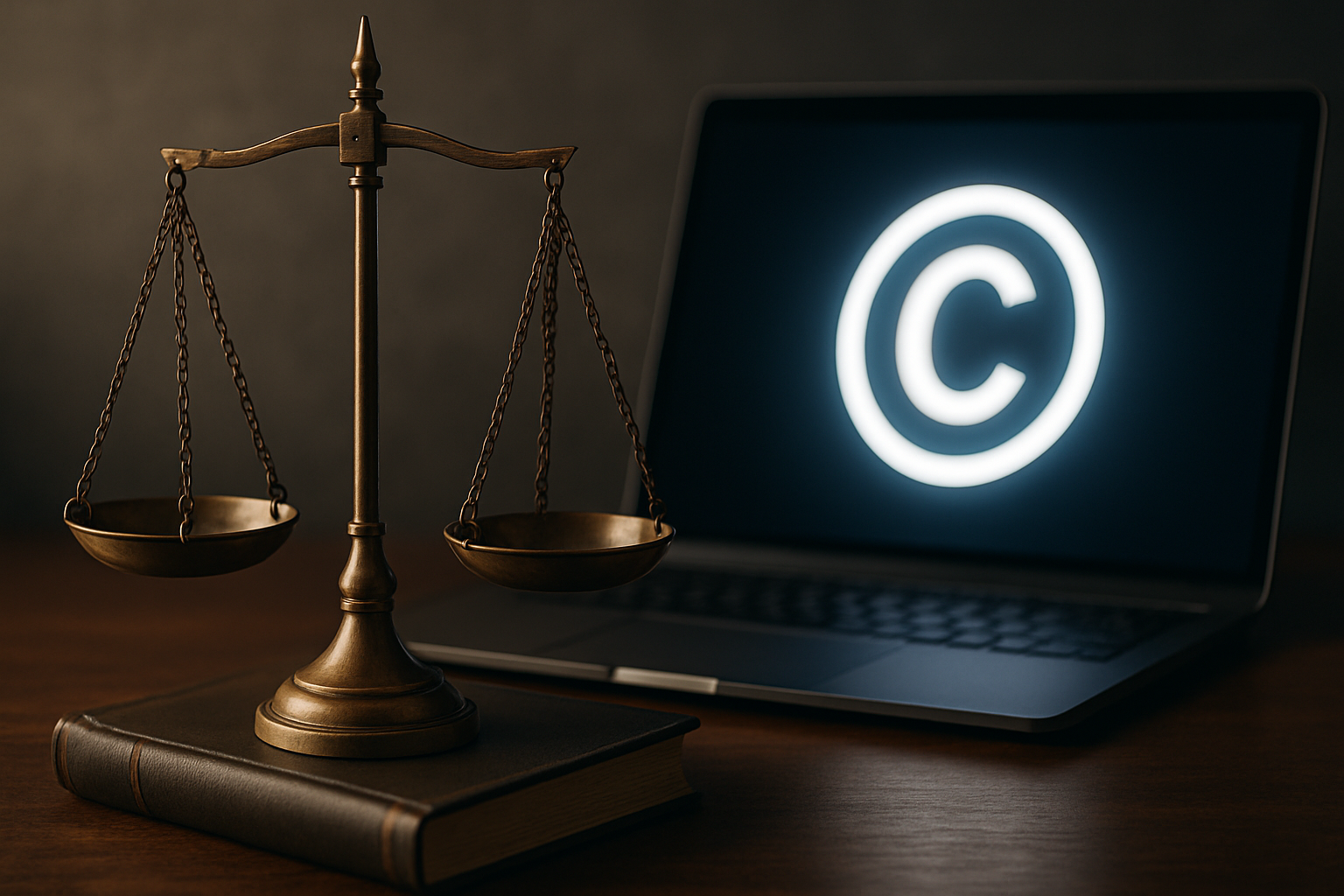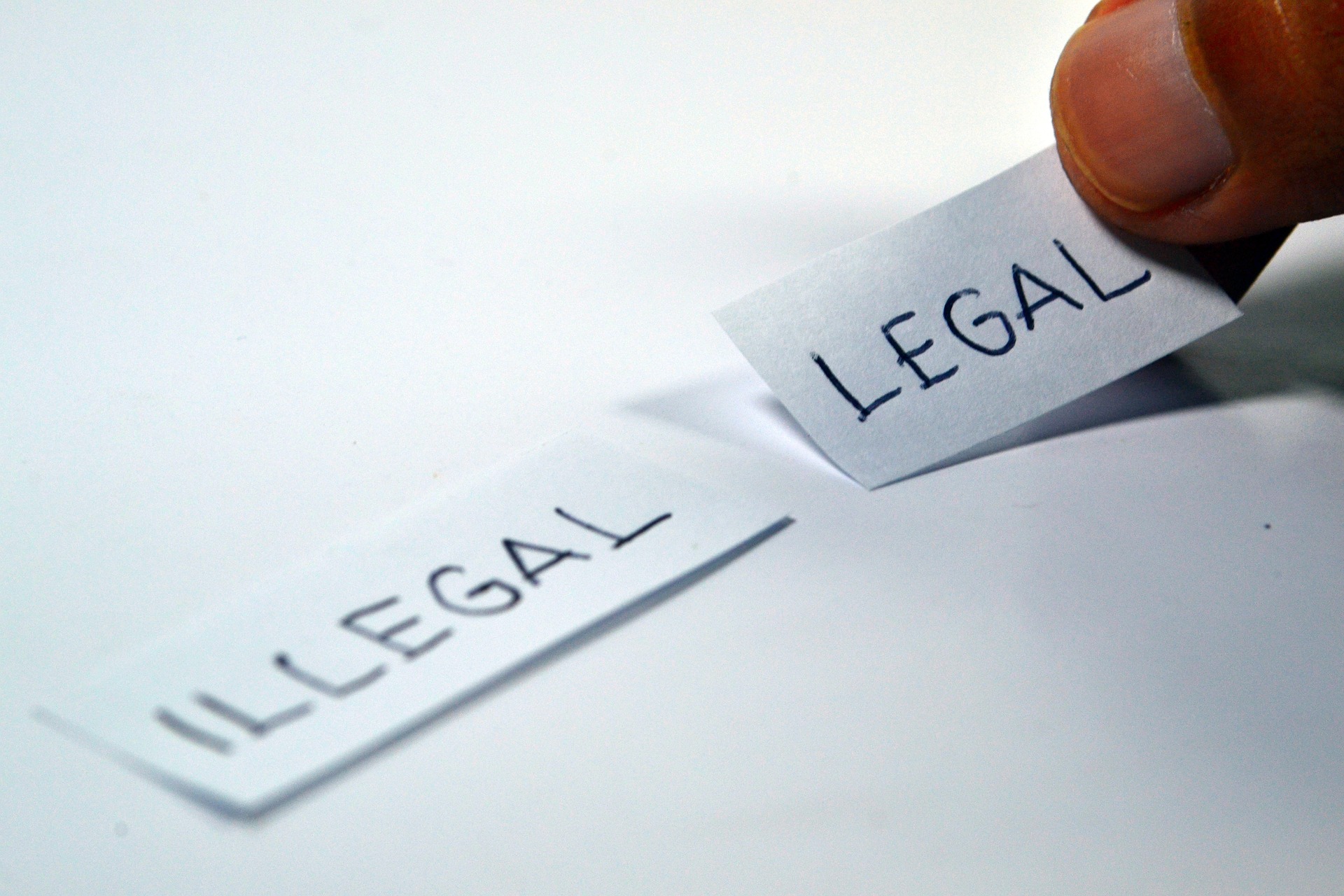Title: Blockchain's Impact on Intellectual Property Law
Introduction: In the rapidly evolving digital landscape, blockchain technology is reshaping the foundations of intellectual property law. This groundbreaking innovation promises enhanced protection, streamlined registration processes, and improved enforcement mechanisms for creators and inventors worldwide. As legal systems grapple with these advancements, understanding the intersection of blockchain and intellectual property becomes crucial for lawmakers, innovators, and legal professionals alike.

Smart Contracts and Automated Licensing
One of the most promising applications of blockchain in IP law is the use of smart contracts for licensing and royalty distribution. Smart contracts are self-executing agreements with the terms directly written into code. When applied to IP licensing, these contracts can automatically enforce usage terms, track royalty payments, and distribute funds to rights holders in real-time. This automation not only reduces administrative overhead but also ensures more accurate and timely compensation for creators.
Enhancing Patent and Trademark Registration
Blockchain technology has the potential to revolutionize the patent and trademark registration process. By creating an immutable record of inventions and designs, blockchain can help establish prior art and reduce disputes over who first invented or used a particular innovation. This could streamline the patent examination process, reduce costs, and provide greater certainty for inventors. Additionally, blockchain-based systems could create a global, interoperable database of trademarks, making it easier to conduct searches and prevent infringement across jurisdictions.
Combating Counterfeiting and Piracy
The fight against counterfeit goods and digital piracy could be significantly bolstered by blockchain technology. By creating a transparent and traceable supply chain, blockchain can help verify the authenticity of products from manufacture to point of sale. For digital content, blockchain can be used to create unique identifiers for copyrighted works, making it easier to track usage and identify unauthorized copies. This increased transparency and traceability could lead to more effective enforcement of IP rights and reduce the economic impact of counterfeiting.
Challenges and Legal Considerations
While the potential of blockchain in IP law is significant, it also presents new challenges for legal systems worldwide. Questions of jurisdiction arise when dealing with decentralized, borderless networks. The immutability of blockchain records, while beneficial for establishing ownership, could pose problems if incorrect information is entered. Additionally, the integration of blockchain technology into existing legal frameworks will require careful consideration and potentially new legislation to address issues such as data privacy, smart contract enforcement, and the legal status of blockchain records.
The Future of IP Law in a Blockchain World
As blockchain technology continues to mature, its impact on intellectual property law is likely to grow. Legal professionals and policymakers must stay informed about these developments to effectively navigate this changing landscape. The potential for blockchain to create more efficient, transparent, and secure systems for managing intellectual property rights could lead to a paradigm shift in how we approach IP protection and enforcement. As with any transformative technology, the key will be finding the right balance between innovation and regulation to harness the benefits of blockchain while addressing its challenges.
In conclusion, the intersection of blockchain and intellectual property law represents a frontier of innovation in legal technology. From enhancing protection and streamlining processes to combating infringement, blockchain has the potential to address many longstanding challenges in IP law. As this technology continues to evolve, it will be crucial for legal systems to adapt, ensuring that the benefits of blockchain can be fully realized in the realm of intellectual property protection. The coming years will likely see significant developments in this area, shaping the future of how we create, protect, and manage intellectual property in the digital age.






